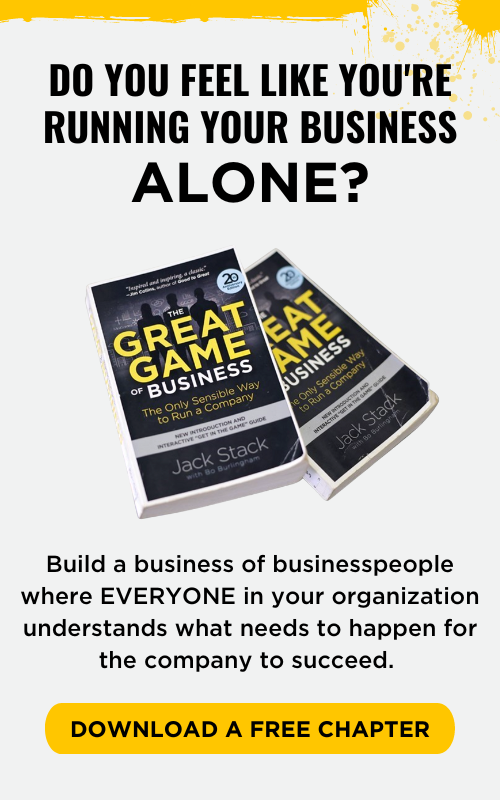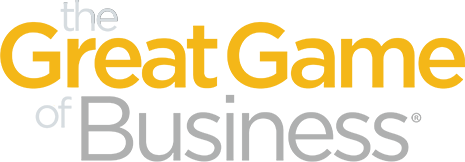Words are cheap. What I mean is that it’s easy to say something, but it’s a heck of a lot harder to actually put those words into action. For example, I’ve been thinking a lot recently about how it’s become commonplace for companies to trumpet their mission, vision, and values. Everyone says they have a higher purpose with their business, something more than just pursuing profit, which is great. The idea is to show your associates, your customers, and the communities you operate in that you have a higher purpose than just making money at their expense.
Read More
Right from their rocky start in 1983 (who else starts a business with an 89-to-1 debt-to-equity ratio in the middle of a recession?), Jack Stack and the team at SRC started planning ahead. Not just for the next day, week, or month. Or even for the next year. For their entire history as a business—which has grown from a single factory into a collection of ten businesses and 1,800 associates—SRC has been planning ahead for a decade at a time.
Read More
Recessions are painful. They cause businesses to close—and billions of dollars in capital to melt away. Recessions are also about more than just a dip in economic activity. They get personal. People lose their jobs and a way to support their family. Recessions strain our social safety net and put lives at risk. The only good thing about a recession is when it ends. But there’s another ugly truth about recessions—there’s always another one right around the corner. Historically, recessions hit the U.S. economy about every 10 years or so. That means even as we struggle to get through the current recession triggered by the COVID-19 pandemic, we can also start the clock on when the next recession will hit. Recognizing that 2020 has been a heckuva year, the question becomes: What are you doing today to plan for the next recession?
Read More
What a 9-year-old Can Teach Us About Life One Saturday morning, I found myself standing and watching a Little League baseball game. I had a mask on my face and was safely isolated away from anyone else. It was so weird. But I enjoyed being outside in the sun, hearing the familiar sounds of a ball popping into leather and the pings of the bat when hitters made contact. It almost felt like the start of something new.
Read More
Improve Your Year-End Outlook—Through Data-driven, High-Involvement Planning & Strategy Development Every business out there has been impacted by economic conditions in some way. While some have been forced to shut their doors, others have seen demand spike for their products or services. The devastating speed with which disruption has hit forced companies to make dramatic adjustments to cope and survive—or even to keep up and thrive. But short-term thinking will only get you so far. It’s now time to adjust your sights and start to look further out. It’s time to move past the uncertainty of today and begin thinking about what the marketplace is telling you about what your organization faces tomorrow.
Read More
When's the best time to start playing The Great Game of Business®? For SRC, it didn’t come down to a choice. They began playing Great Game™ back in 1983 out of desperation. It was a Hail Mary resort to save their business. They used the system to claw their way out of an 89-to-1 debt-to-equity hole. In the years since, many other companies have also turned to The Great Game of Business system as a last resort. Most of us are more open to change during tough times. What’s less common, though, is companies embracing the system during good times. Why fix something when it isn’t broken, right?
Read More
A conversion with Ari Weinzweig from Zingerman’s Community of Businesses. The pandemic has hit restaurants hard across the country. Even those that have remained open by offering delivery and take-out service have seen sales—as well as profits—drop, often by a lot. There’s also the question of how to manage furloughed or laid off staff—and when to bring them back to work. Finding answers to those questions remains top of mind for Ari Weinzweig, the co-founder (with Paul Saginaw) of Zingerman’s Community of Businesses (ZCoB), a collection of what is now 11 ventures based in Ann Arbor, Michigan. ZCoB includes an array of industries such as a deli, a bakery, a mail-order fulfillment house, a caterer, a training business (that teaches open-book management among other topics), a coffee company, a creamery, a restaurant, a candy maker, an event space, and most recently, a Korean restaurant. ZCob also includes a separate business called Zingerman’s Service Network that provides administrative services to its sister companies.
Read More
The coronavirus pandemic, and the subsequent economic shutdown, has seemed to punish some businesses more than others. That’s especially true for anyone in the travel, hospitality, or restaurant industries—all of whom have been essentially shut down with the economy. For these business owners, the rescue package offered by the government—and the payroll protection program, or PPP, in particular—offered a short-term lifeline to keep companies alive and people employed.
Read More
We’re all still trying to figure out what the “new normal” is—especially when it comes to keeping people safe. But I also believe we need to get the economy rolling again. I realize it isn't always a popular position to take these days. It seems like people are dividing into two camps: one that is pro-safety and the other pro-business. I absolutely believe that we need to do everything to be protective of people. But I also know what kind of damage we’re doing to people’s lives the longer we keep the economy shut down. It is devastating to see more than 32 million out of work. I was blown away to learn that for every percentage point the unemployment rate ticks up, suicide rates also go up 0.78%. People’s mental health is at risk—especially when their unemployment runs out at the end of July. And that says nothing about the state and local budget deficits that are piling up as sales tax receipts continue to fall off a cliff—which could mean we’re looking at serious cutbacks in services like police and fire that keep us safe. It has me left asking, "What’s the long-term cost of that?"
Read More
On March 17, 2020, John Costello, the owner and CEO of Cherry’s Industrial in Elk Grove Village, Illinois, entered a nightmare. On that day he learned that his wife, who works in the business, fell ill. She exhibited all the classic symptoms of Covid-19, such as a fever, dry cough, and a sore throat. But, with limited testing available at the time, they couldn’t be sure. Then, their son experienced similar symptoms.
Read More

.png)

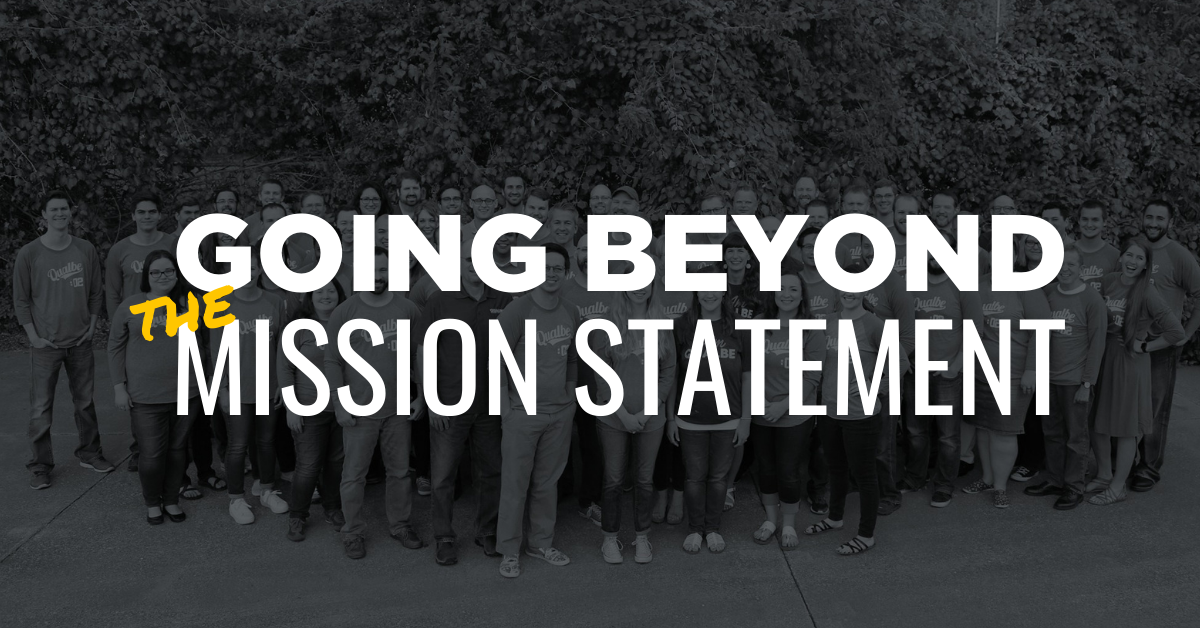


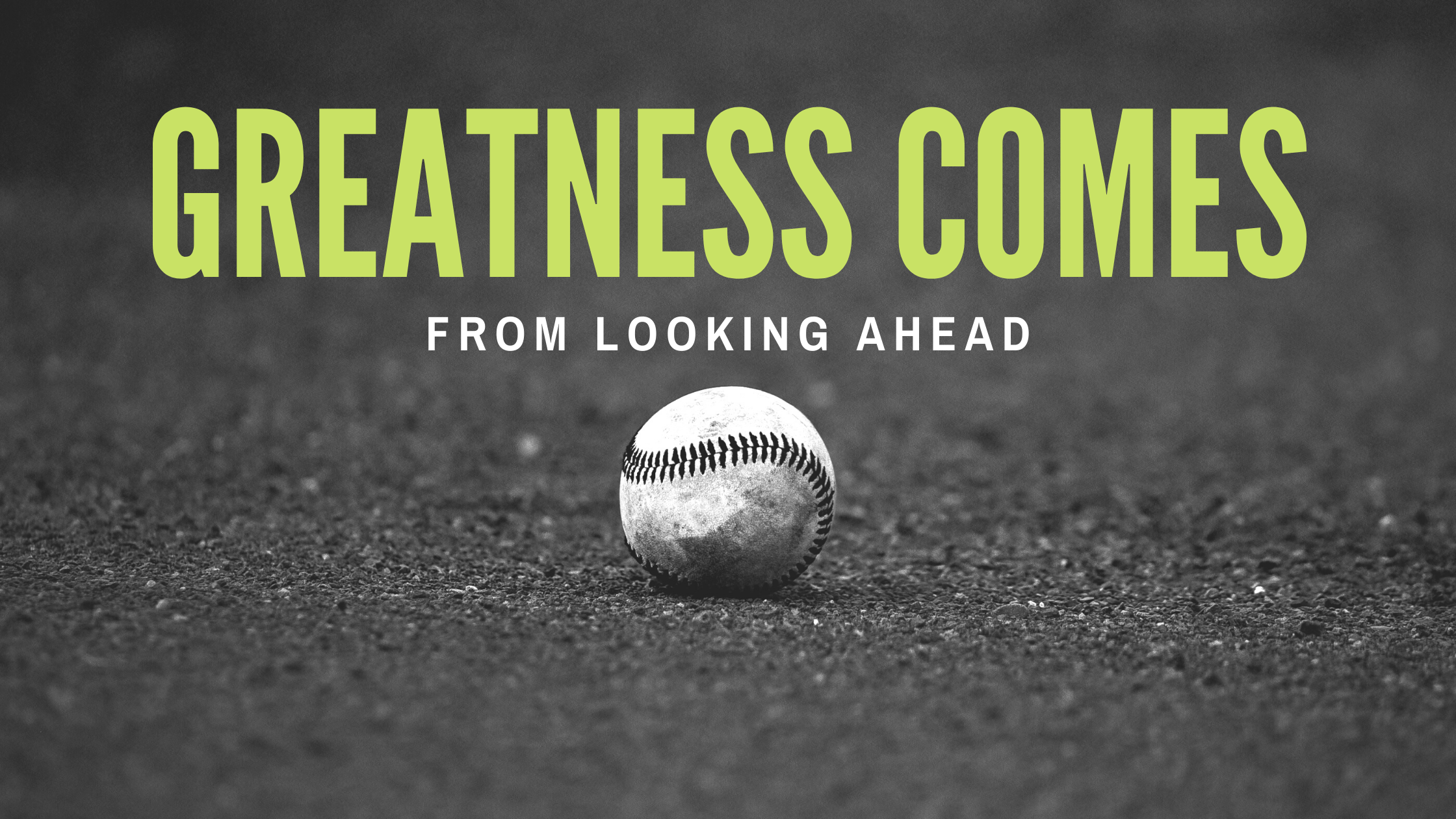
.png)
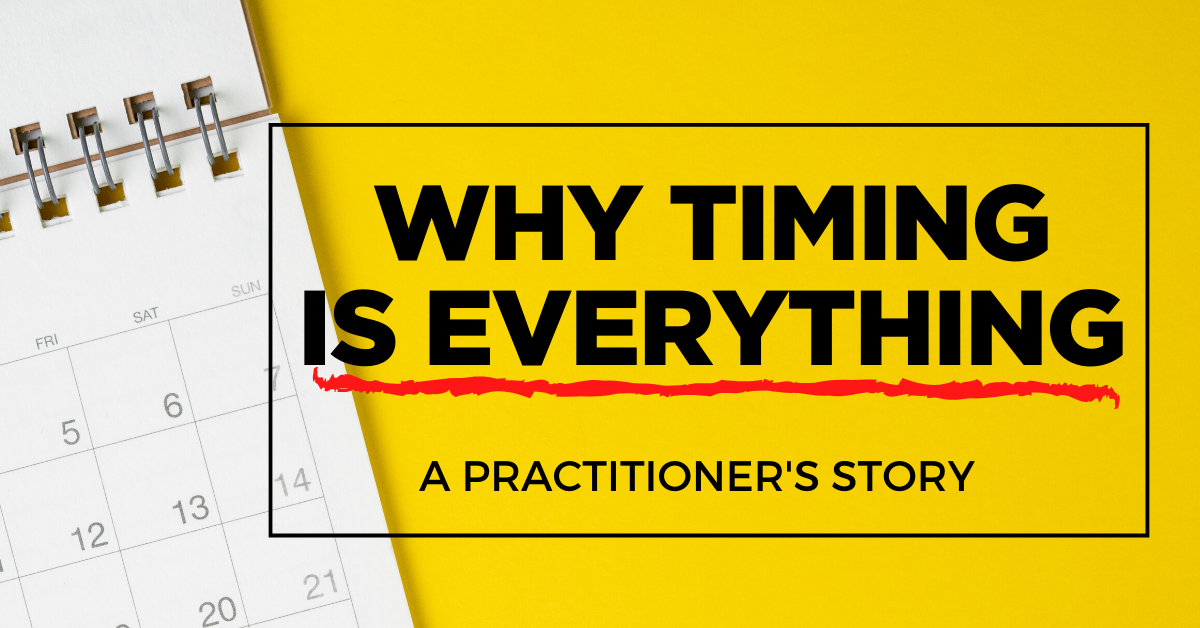
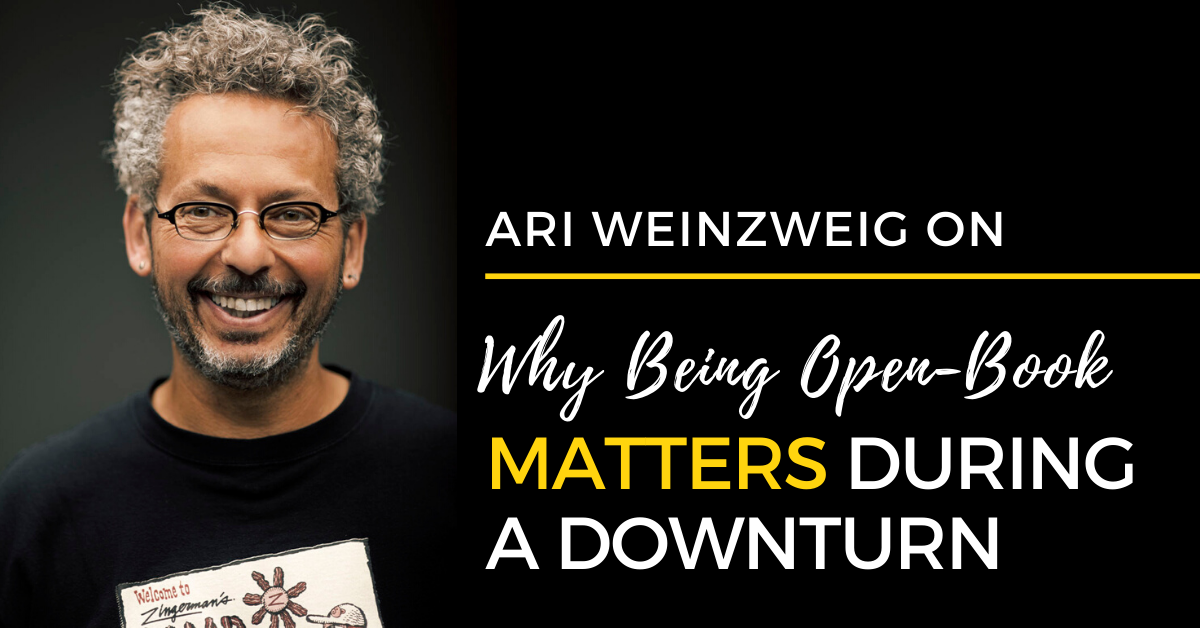
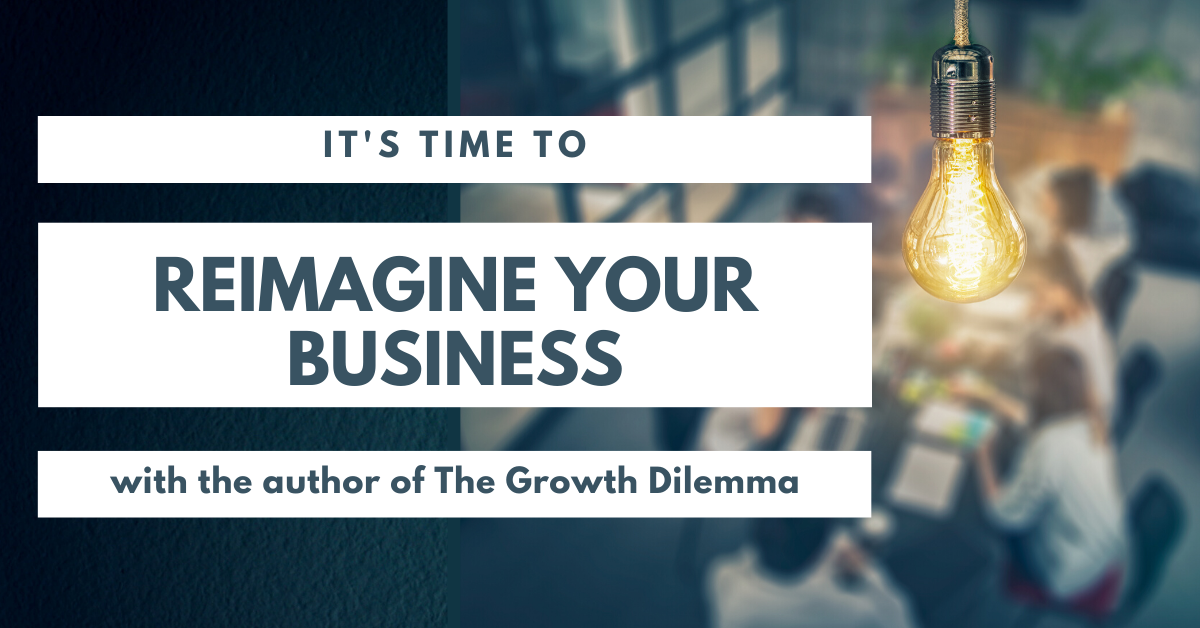
.png)
.png)


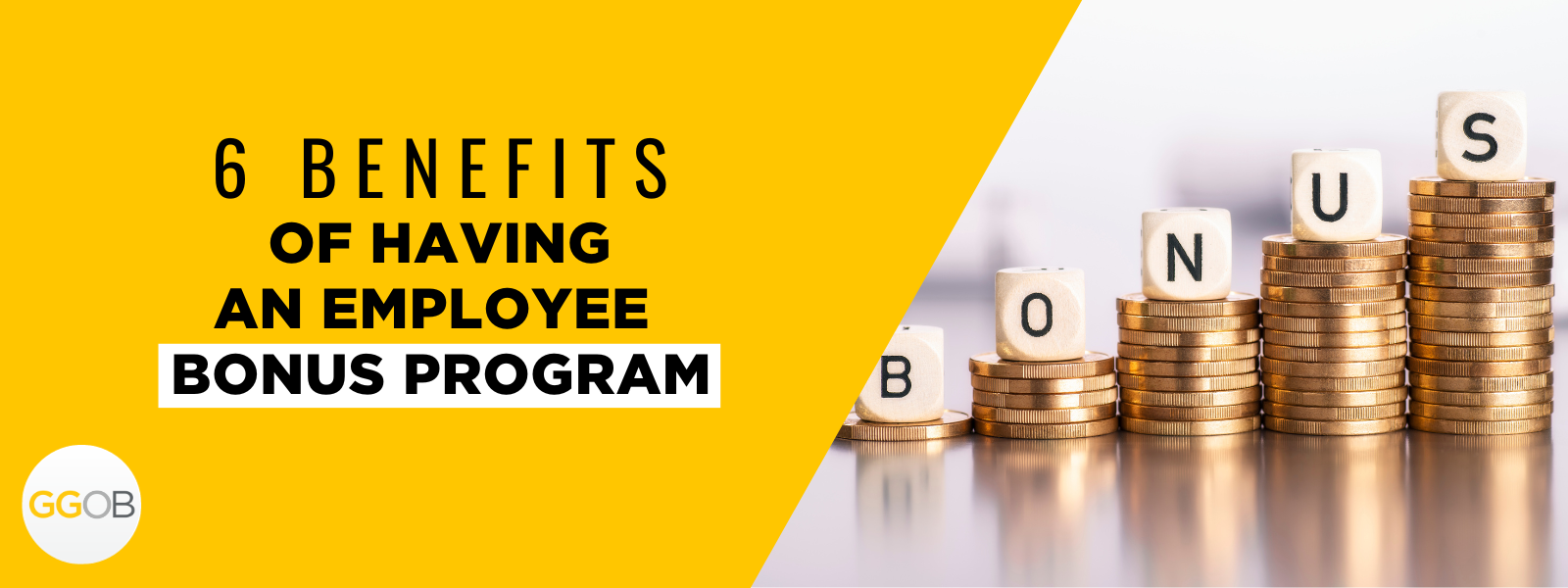

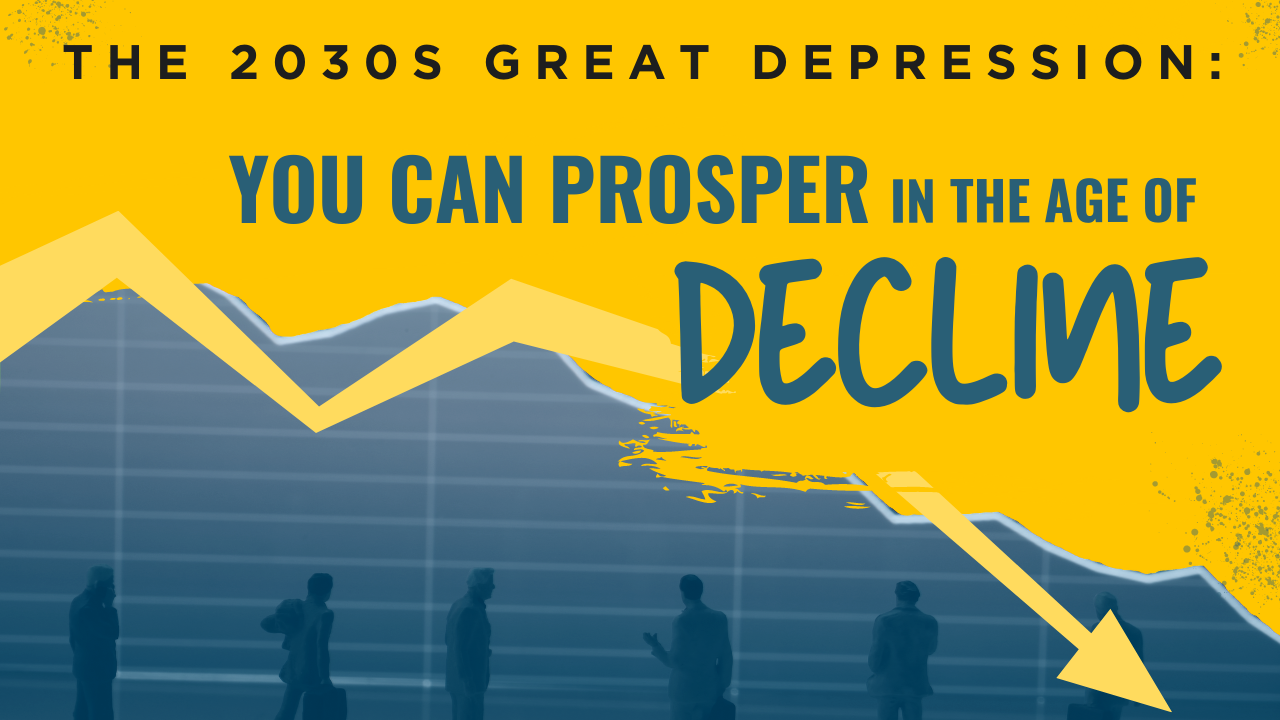


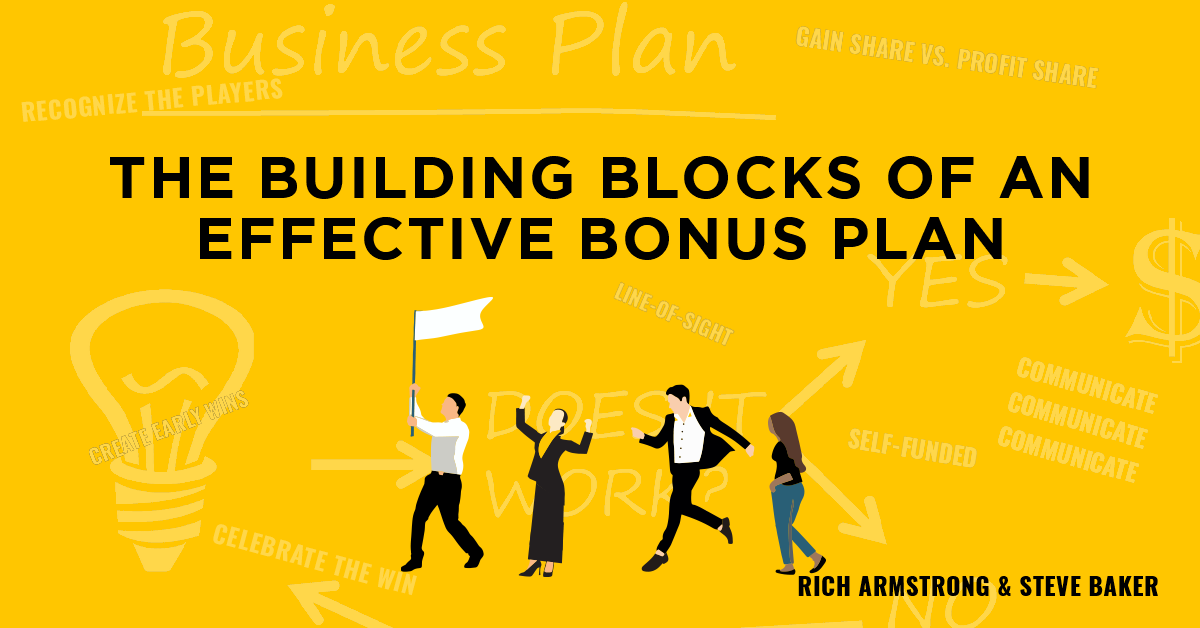
.png)
